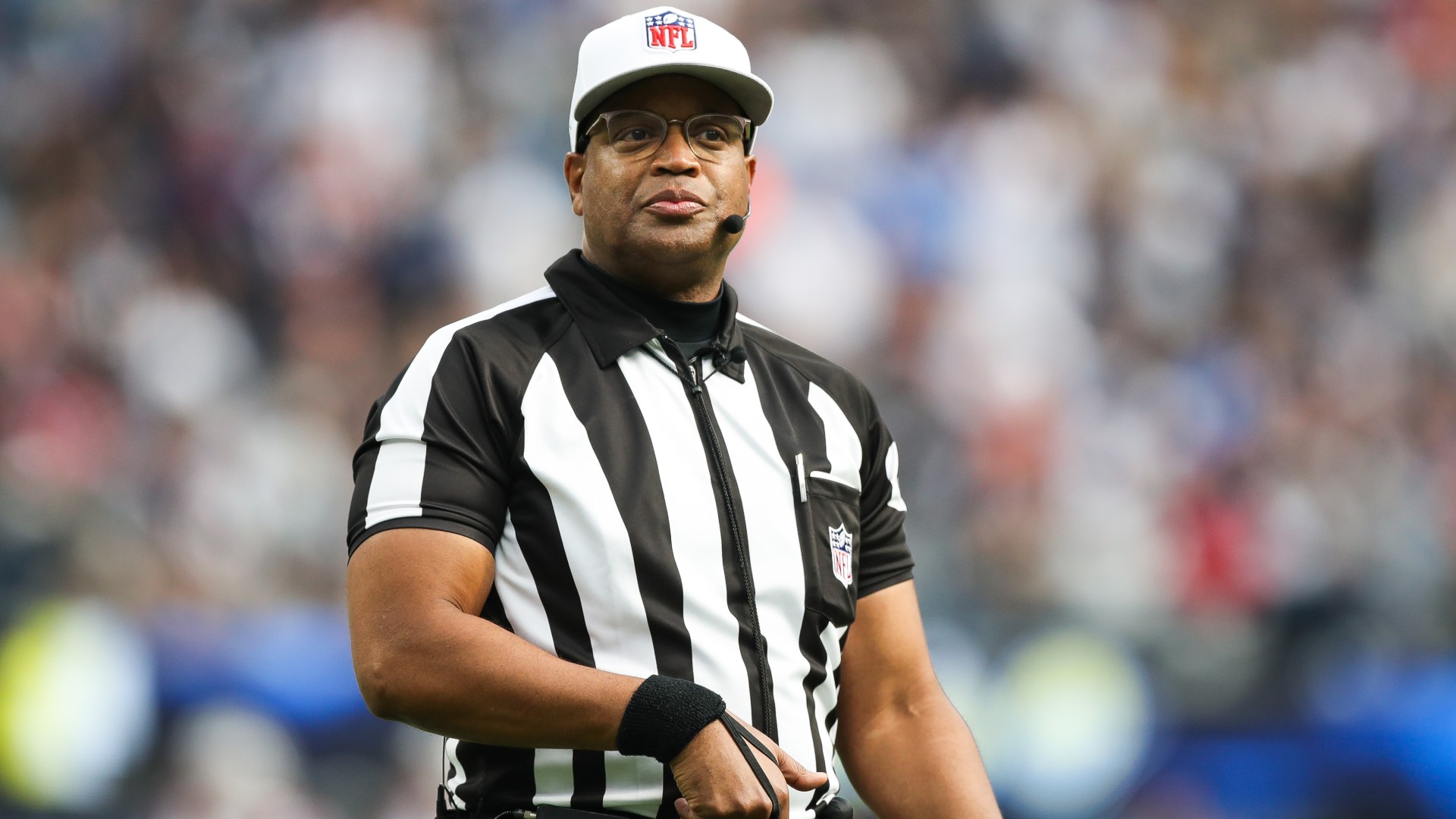The National Football League (NFL) boasts one of the most electric atmospheres in the world of sports. Beyond the players, coaches, and roaring fans, there’s a select group that commands attention: the referees. These on-field officials play a pivotal role in ensuring games are played fairly, safely, and within the boundaries of the league’s extensive rulebook. If you’ve ever watched a high-stakes game decided by a crucial call, you understand the importance and pressure associated with this role. But how exactly does one ascend to this coveted position?
A Deep Dive into the Pre-requisites
Before diving headfirst into the world of NFL officiating, there are several foundational steps prospective referees must consider:
- Education: A high school diploma is the minimum educational requirement, though many NFL referees hold college degrees.
- Physical Fitness: Officiating in the NFL requires agility, speed, and stamina. Regular physical fitness routines are essential to keep up with the fast-paced nature of the game.
- Experience: No referee jumps directly into the NFL. Gaining experience at the high school and collegiate levels is crucial. The more challenging games you officiate, the more you’ll learn.
The Pathway to Becoming an NFL Referee
Step 1: Begin at the Grassroots: Start by officiating at high school games. This will give you a solid grounding in the basics of refereeing.
Step 2: Attend Officiating Camps: Go to Directing Camps: Numerous associations, including the NFL, offer to administer camps. These are priceless for learning strategies, grasping guidelines, and system administration.
Step 3: Join a Collegiate Officiating Association: Join a University Directing Affiliation: Whenever you’ve gathered insight and certainty, now is the ideal time to ascend the stepping stool. University directing offers a better quality of play and further chances to sharpen your art.
Step 4: Gain Recognition: As you reliably direct university games, hold back on anything that matches, like bowl games or titles. This expands perceivability and showcases your abilities to a more extensive crowd.
Step 5: Enter the NFL Development Program: Enter the NFL Advancement Program: Not all refs will arrive at this stage, yet for whatever might be most ideal, the NFL Improvement Program is the last demonstration ground. Here, you’ll be evaluated, prepared, and, whenever considered prepared, accepted as an NFL ref.
Key Skills Required for Success
- Deep Knowledge of the Rules: Understanding the intricacies of the NFL rulebook is non-negotiable. Regularly updating your knowledge as rules evolve is also vital.
- Decision-Making Under Pressure: In a sport where split-second decisions can change the outcome of a game, referees must remain cool under pressure.
- Physical Fitness: As mentioned, the NFL is fast-paced, and referees need to maintain optimal positioning throughout the game.
- Communication Skills: Referees interact with players, coaches, and other officials. Clear communication is vital in maintaining order and respect on the field.
- Integrity: Given the scrutiny in high-profile games, maintaining impartiality and the highest levels of integrity is crucial.
Read More: How Much Do NFL Referees Earn Per Game?

